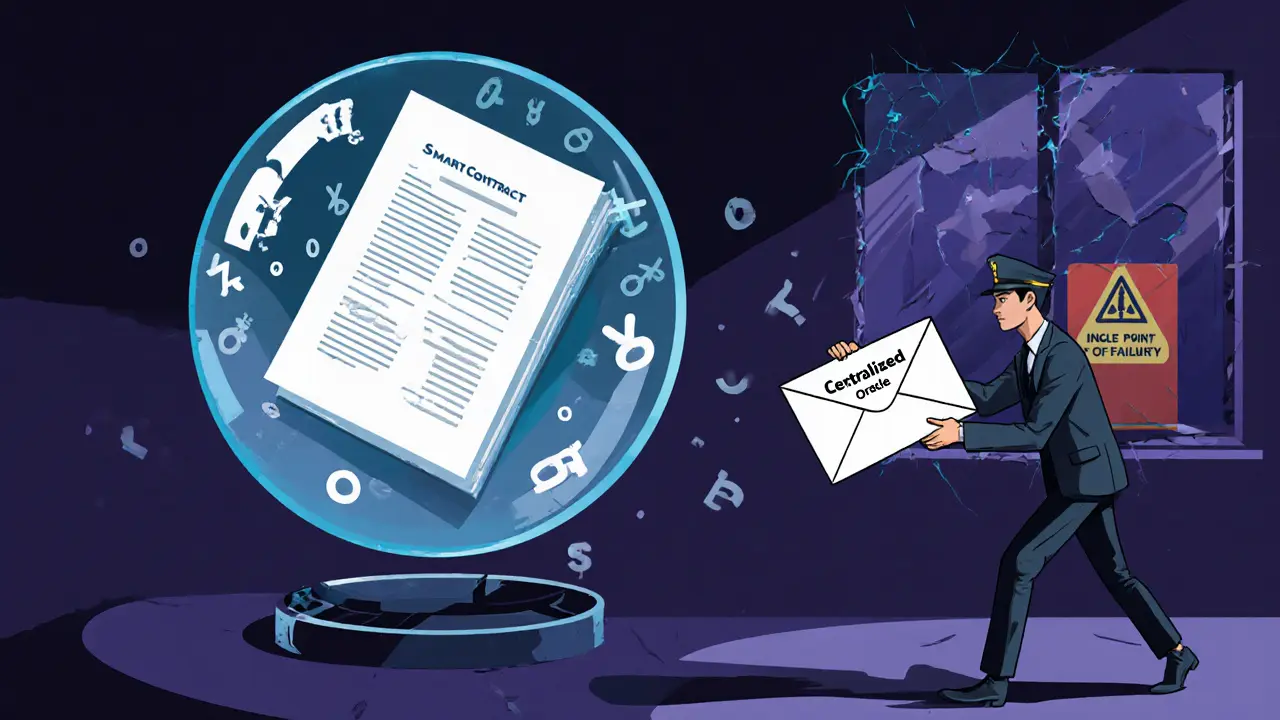- 28 Oct 2025
- Elara Crowthorne
- 20
Decentralized vs Centralized Oracles: Which One Secures Your Smart Contracts?
Decentralized oracles secure billions in DeFi by using multiple data sources and consensus, while centralized oracles risk total failure with a single point of failure. Learn which one your smart contracts really need.

